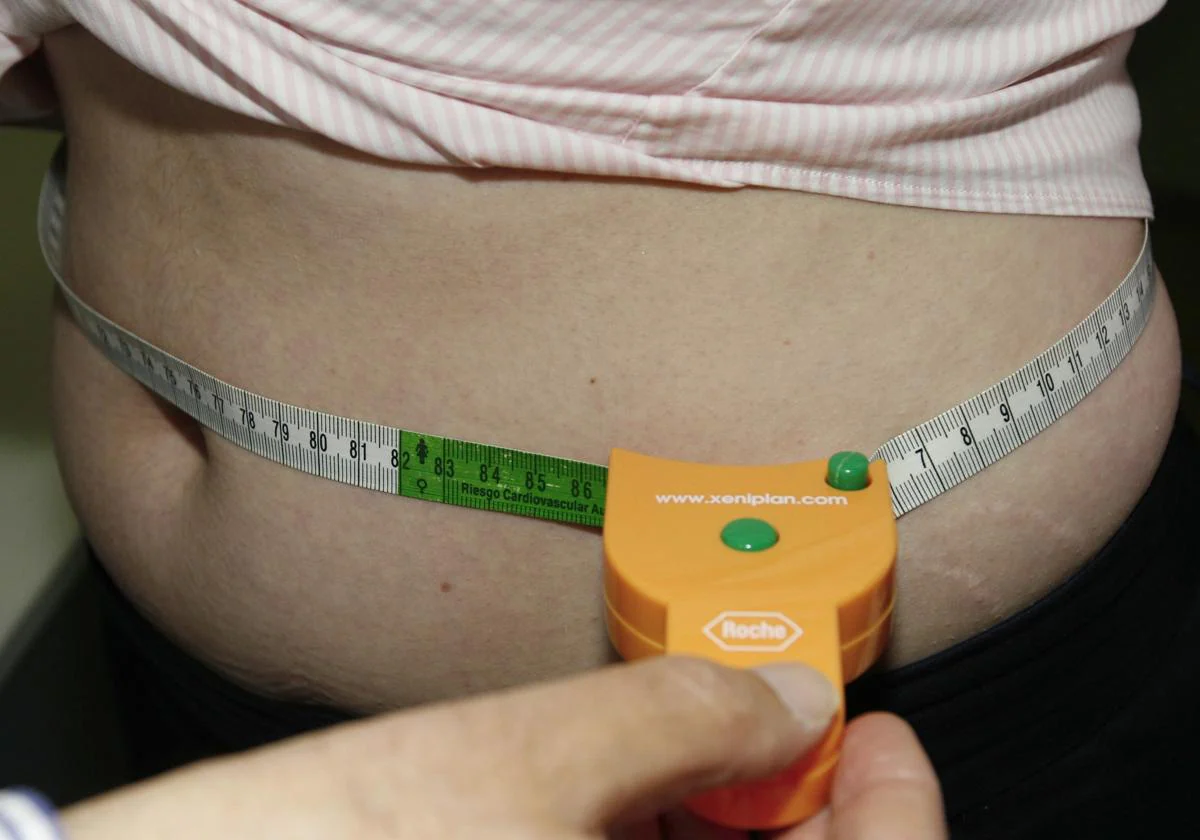

Sections
Highlight

Andrea G. Parra
Granada
Wednesday, 11 December 2024
The Baton study, coordinated by Guillermo Sánchez Delgado from the University of Granada (UGR) and developed in collaboration with the University Hospitals Virgen de las Nieves and Clínico San Cecilio, needs volunteers for its clinical trial. The aim is to investigate the changes produced in brown adipose tissue after a loss of eight to 10 per cent of body weight, induced by a calorie restricted diet. They are looking for young adults between 18 and 25 who are overweight or obese.
Brown adipose tissue, recently discovered in adults, is considered a possible target for treating obesity and other associated conditions such as type two diabetes mellitus. Among other possibilities Delgado said activation of this tissue could help maintain weight loss. Although he added, "However, it is still unknown how this tissue changes in response to weight loss in humans."
The Baton study is funded by the Spain's Ministry of Science, Innovation and Universities and the European Union. Participants will undergo a 12-16 week personalised dietary programme aimed at maintaining their weight or reducing it by eight to 10 per cent through calorie restriction (depending on the group to which they are assigned).
Volunteers will undergo positron emission tomography and computed tomography (PET-CT) to assess the amount and activity of brown adipose tissue. In addition, before and after the dietary programme, biopsies will be taken to obtain brown adipose tissue samples and other parameters such as resting energy expenditure, body composition and metabolic response to a meal will be assessed.
Participants will benefit, completely free of charge, the researcher points out, from a complete medical examination and a 12-16 week personalised nutritional programme, and will gain detailed knowledge about their body composition and metabolism. They will receive 200 euros "for the time invested and possible expenses arising from their participation in the study".
Brown adipose tissue is a special type of fat in "our body that burns calories to generate heat and maintain our body temperature, especially in cold environments". It functions, Sánchez Delgado describes, as a "natural heater" thanks to cells rich in mitochondria that transform stored energy into heat.
"Although it was known to exist in newborns, its presence in human adults was discovered at the beginning of this century, and since then it has been considered to have great potential for preventing or treating diseases such as obesity and other metabolic disorders," he explains.
Anyone interested in participating can register in the this link or contact the research team at estudio.baton@ugr.es.
Publicidad
Publicidad
Publicidad
Publicidad
Esta funcionalidad es exclusiva para suscriptores.
Reporta un error en esta noticia
Comentar es una ventaja exclusiva para registrados
¿Ya eres registrado?
Inicia sesiónNecesitas ser suscriptor para poder votar.